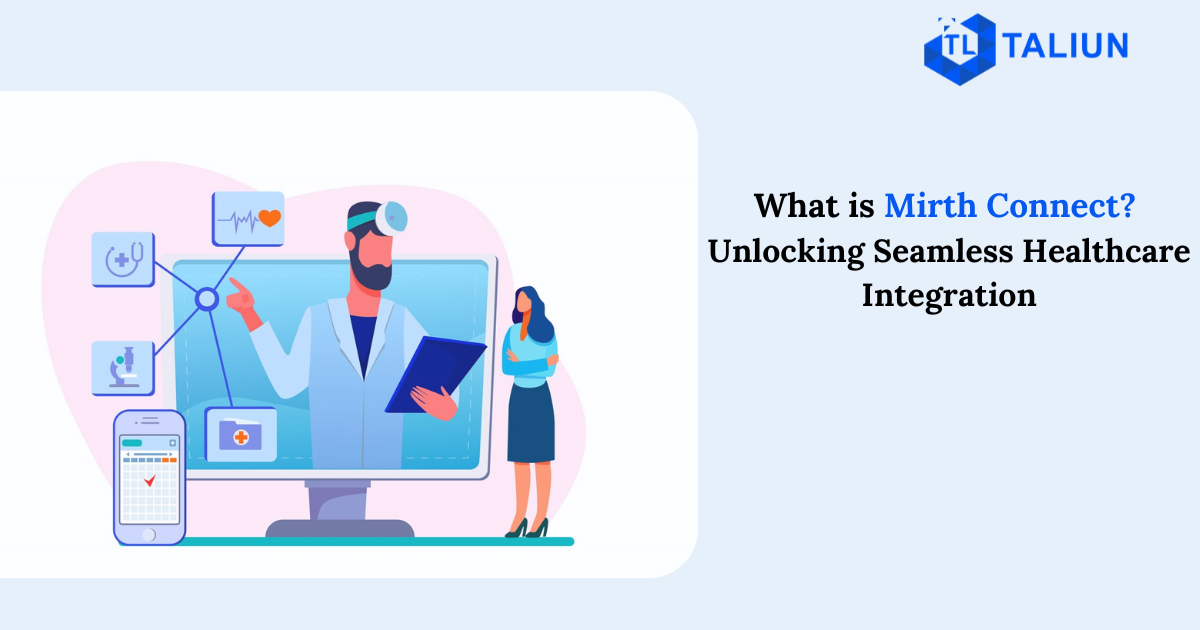Physician-Driven Change in Health Care: Unraveling Misconceptions

In the dynamic and ever-shifting realm of contemporary health care, physicians find themselves navigating through a maze of myths and misconceptions, which can significantly impede our capability to deliver exceptional care to our patients. As we stand on the brink of transformation in 2023, it is imperative that we tackle these myths with bravery, modesty, and a deep sense of self-reflection. The journey toward an enhanced health care system is marked by the discovery of truths that debunk these myths, necessitating a critical examination of our professional narratives and their alignment with the best interests of those under our care. Let us embark on a path of self-discovery, casting aside these myths to embrace the transformative truths that lead to a health care practice that is more efficient, empathetic, and centered around the patient.
Electronic Health Record (EHR) Challenges
Myth: The complexity and demands of EHRs are the primary culprits behind physician burnout.
Reality: Although EHRs pose certain challenges, the root issue often lies in how they are implemented and utilized. Designed to improve communication through streamlined documentation and easier access to patient histories, EHRs can actually enhance patient care and alleviate burnout by allowing physicians to concentrate more on patient interactions rather than administrative tasks.
Health Care Employment Structure
Myth: The hierarchical structure of health care employment is a source of dissatisfaction among physicians.
Reality: The issue is not the hierarchy itself, but rather the underlying business model and organizational culture. A work environment that values physician contributions and prioritizes patient care can flourish within any hierarchical structure, as long as there is a focus on collaborative practice and mutual respect.
Expanding Professional Roles
Myth: Physicians should only focus on their specific medical responsibilities and avoid broader care roles.
Reality: While physicians should be mindful of "scope creep," which can compromise care quality, maintaining a dedicated focus on core responsibilities and cultivating strong patient relationships enables physicians to effectively balance expanded roles without compromising care standards.
Virtual Versus In-Person Care
Myth: Quality health care can only be achieved through in-person encounters.
Reality: Digital health solutions, including telemedicine, can serve as valuable complements to in-person care, enhancing accessibility and allowing for more frequent patient follow-ups. The aim should be to use technology to augment, not replace, the essential human connection in health care delivery.
Dependence on Artificial Intelligence (AI)
Myth: Artificial intelligence is the ultimate solution to inefficiencies in health care operations.
Reality: AI should be regarded as a supportive tool that enhances, rather than substitutes, the complex decision-making processes of health professionals. By automating routine tasks and streamlining workflows, AI enables health care workers to dedicate more time to direct patient care.
Individual Versus Team-Based Care
Myth: The highest quality care is provided by individual physicians working independently.
Reality: Optimal patient care is delivered by interdisciplinary teams that address the comprehensive needs of patients. Collaborating with nurses, social workers, and other health care providers brings a wealth of perspectives and expertise, resulting in more thorough care.
The All-Encompassing MBA
Myth: Acquiring an MBA is the key to overcoming challenges in the health care sector.
Reality: While business skills are valuable, they cannot substitute the core principles and mission that guide patient-centered care. Improving health care involves a combination of managerial competencies and a deep dedication to the humanitarian objectives of medicine.
The Influence of Greed
Myth: Greed is solely a problem of large health care corporations and not individual practitioners.
Reality: It is essential for physicians to consider how the pursuit of profit might affect their own practices. Providing ethical care requires balancing financial sustainability with accessibility, especially for marginalized populations.
Confronting Professional Biases
Myth: Physicians believe they can understand and treat all patients effectively, free from personal biases.
Reality: Recognizing the presence of biases is the first step towards reducing their impact. Achieving cultural competency and understanding patients' diverse backgrounds are crucial for delivering equitable care.
Defining Value in Health Care
Myth: Health care value is defined by insurance companies and administrators, not physicians.
Reality: Physicians have a critical role in defining the value of their care, advocating for treatments and practices that meet patients' needs and values, thus ensuring the health care system fulfills its primary goal of improving patient health and well-being.
In reflecting on these discussions, it becomes evident that the path to a more truthful and effective health care system begins with us, the physicians. We must challenge the myths embedded in our professional practice and embrace the sometimes uncomfortable truths underneath. Through humility, self-awareness, and collaboration with our diverse health care teams, we can redefine the meaning of value in health care, optimize technology use, and most importantly, improve the care we provide to our patients. Let's commit to forging new paths with the clarity and conviction our patients rightfully deserve, moving away from old narratives and towards a future
Have you encountered challenges related to EHR usage in your own practice? How have you navigated these obstacles to ensure that patient care remains a top priority?
Contact Us and share your experiences and insights




